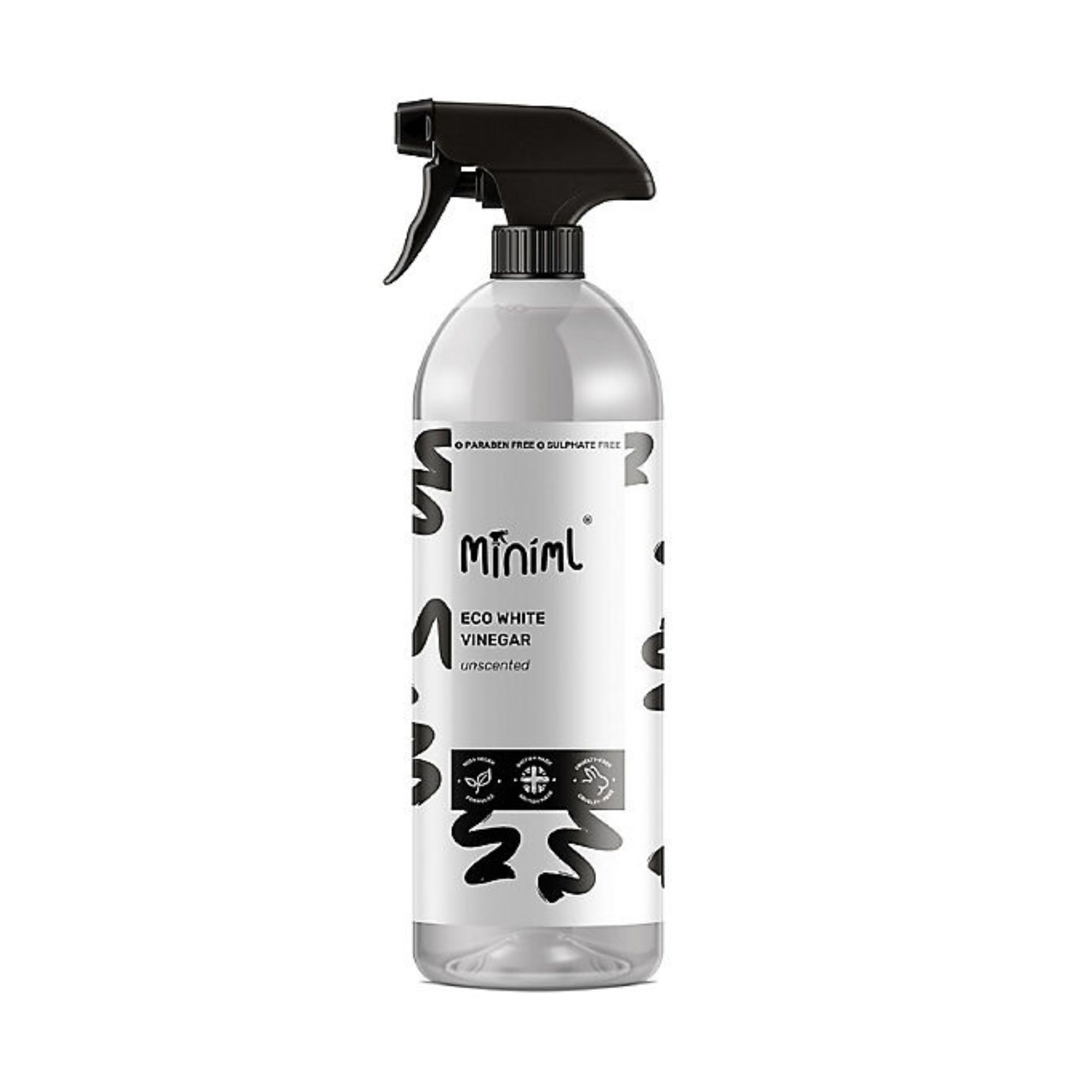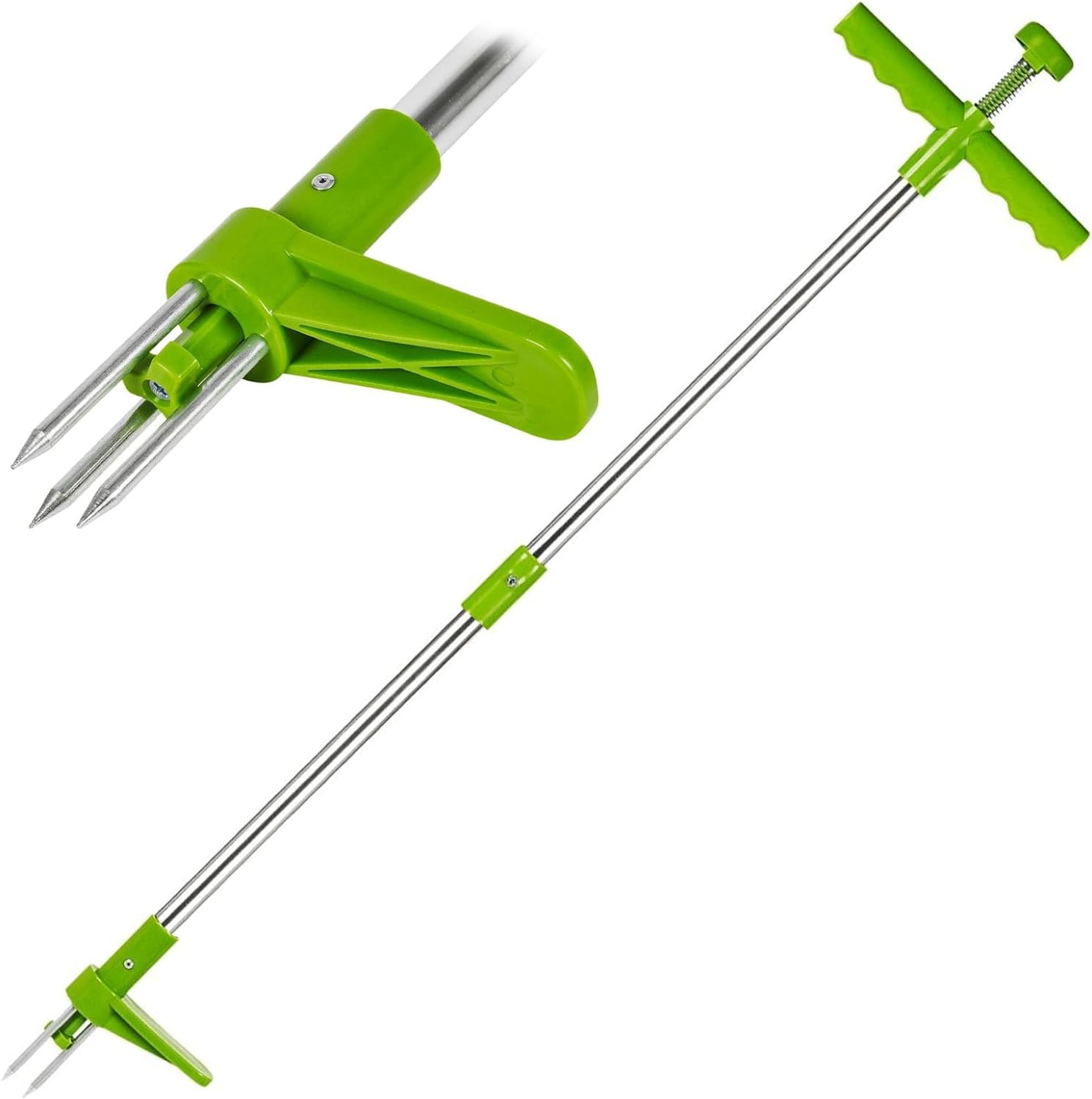Does bleach kill weeds? Yes, but seasoned gardeners insist you try these alternative solutions instead
There are far better methods to be had

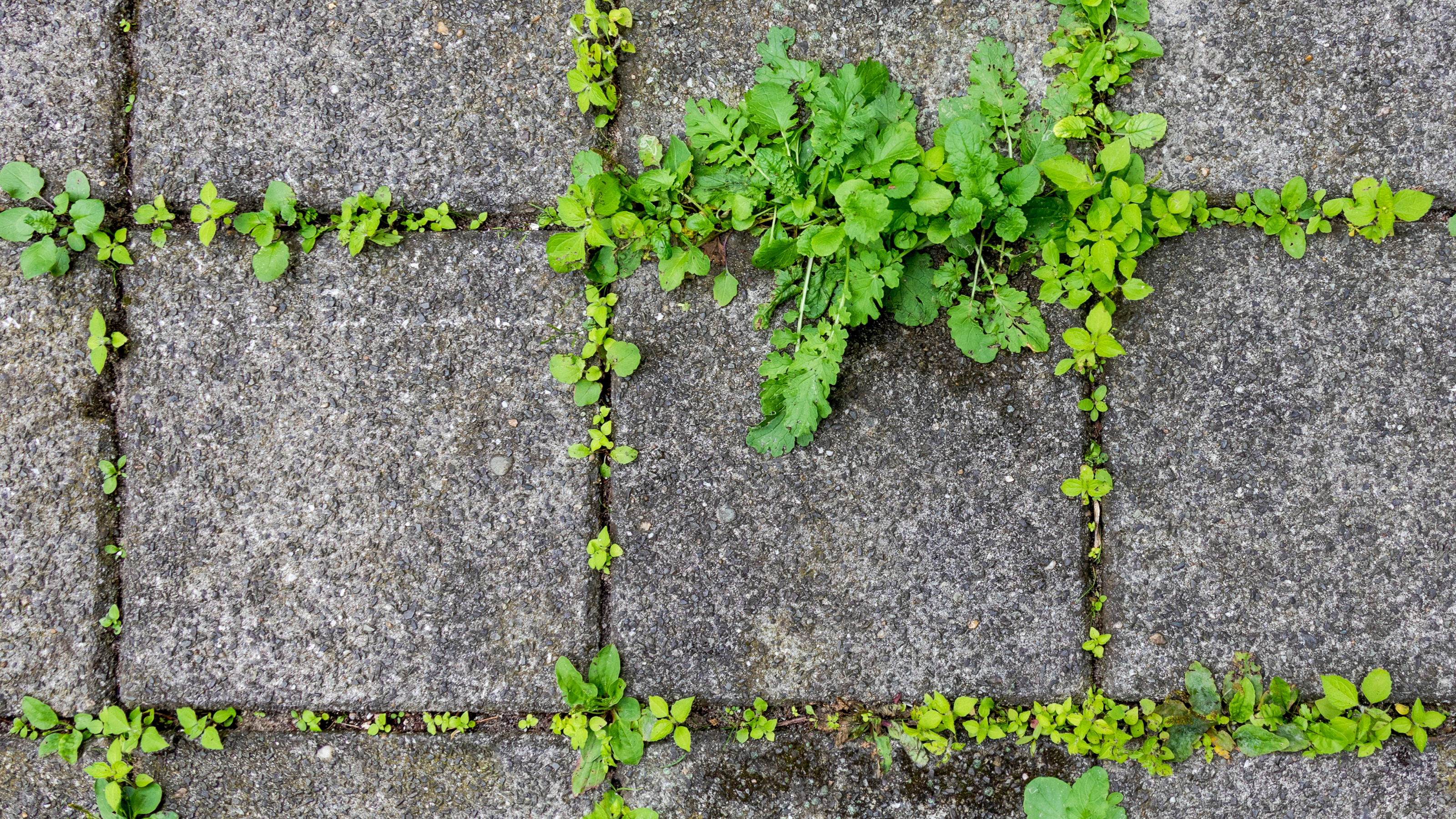
If you're here, you're likely dealing with unwanted greenery in your garden. The culprit? Nothing other than pesky weeds, of course. If you're in a pinch and want to get rid of weeds quickly, reaching for something you've probably already got stock-piled in your cleaning cupboard is tempting, like bleach. But, does bleach kill weeds, or are you better off sticking to other methods?
With all the many ways to kill weeds out there, ranging from using white vinegar to get rid of weeds to using bio-washing powder, opting for yet another cleaning product option in your cabinets might feel like the next best step to attempt to remove weeds from a patio altogether.
However, while in some circumstances bleach can kill weeds, this method comes with various warnings from gardening experts who'll be the first to urge you to steer clear of this method completely as the negatives heavily outweigh the benefits.
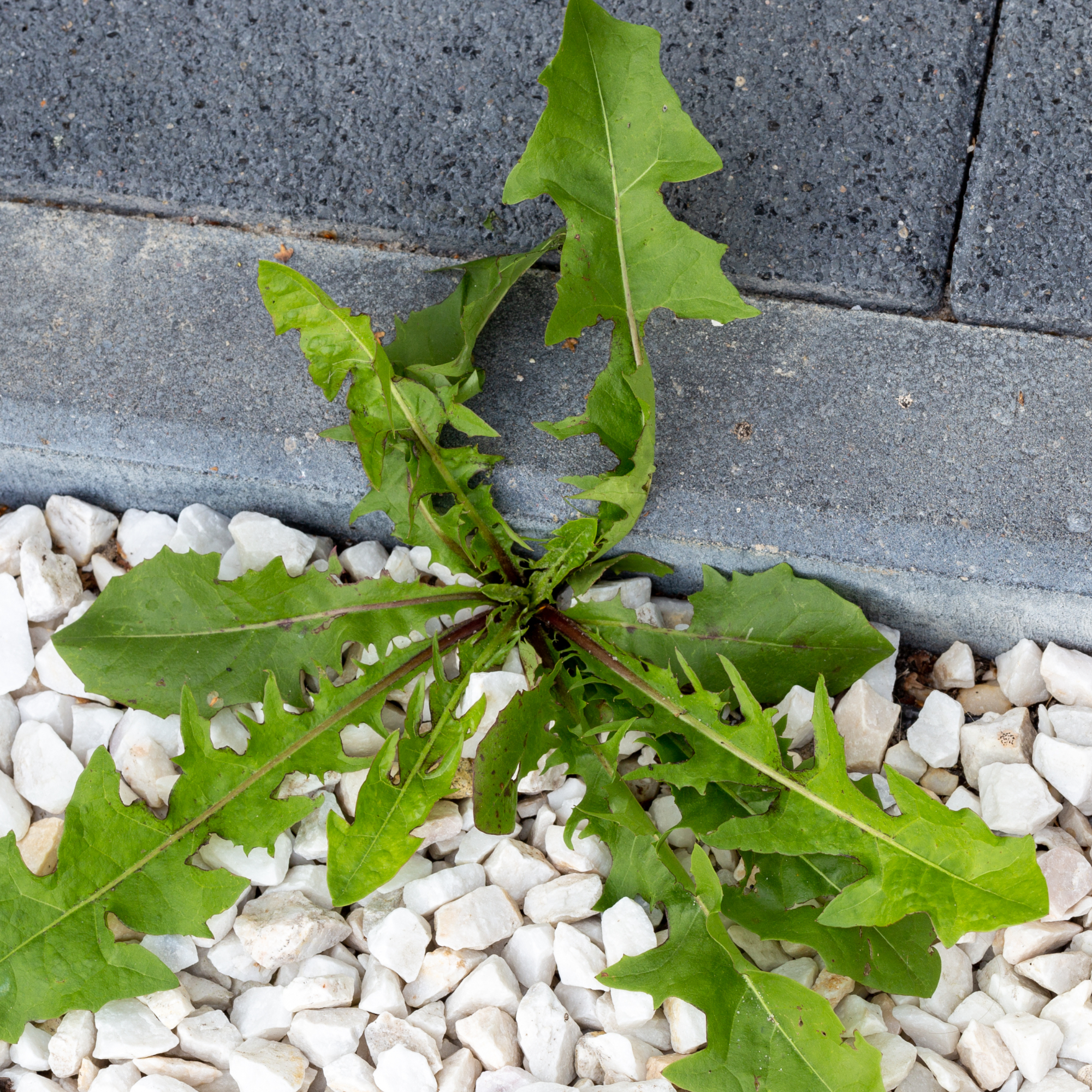
Does bleach kill weeds?
'It may be tempting to turn to bleach if you are trying to deal with a stubborn weed patch, and there are a few forums and articles online that claim the substance is an effective method of cleaning up your garden,' begins Josh Novell, director of Polhill Garden Centre. 'However, using bleach in your garden can be a recipe for disaster for several reasons, and it's definitely advisable to seek alternative options.'
Craig Wilson, co-founder, director and in-house gardening expert at Gardeners Dream explains that although bleach can be applied directly onto weeds using a spray bottle, it's not always guaranteed to kill the root system, meaning the weeds can grow back. So yes, it does work but it's more hassle than what it's worth.
Besides the fact that it may not be the most effective way to stop weeds from growing in block paving, there are many reasons why it should be a no-no in the garden, irrespective of whether or not you prioritise chemical-free weed killers above all.

Why you shouldn't use bleach to kill weeds
'Unlike some specific weed killers, bleach doesn't discriminate when it comes to the plants it kills. If you aren't careful with your application of it, then it can seriously harm your prized roses as well as eradicate the weeds that are unsettling them,' warns Josh.
Sign up to our newsletter for style inspiration, real homes, project and garden advice and shopping know-how
Craig adds, 'Bleach can also have a lasting effect on the pH level of your soil, so this is something to consider too, as this could have a detrimental effect on existing plants and flowers.' That said, it's best to keep it away from your flower beds.
Josh explains that healthy soil is teeming with microscopic life that benefits your plants, and using bleach on it can disrupt this delicate ecosystem. This, in turn, leaves the soil inhospitable and can hinder plant growth. If you're already struggling with your seeds germinating, adding bleach to the mixture won't be any more useful.
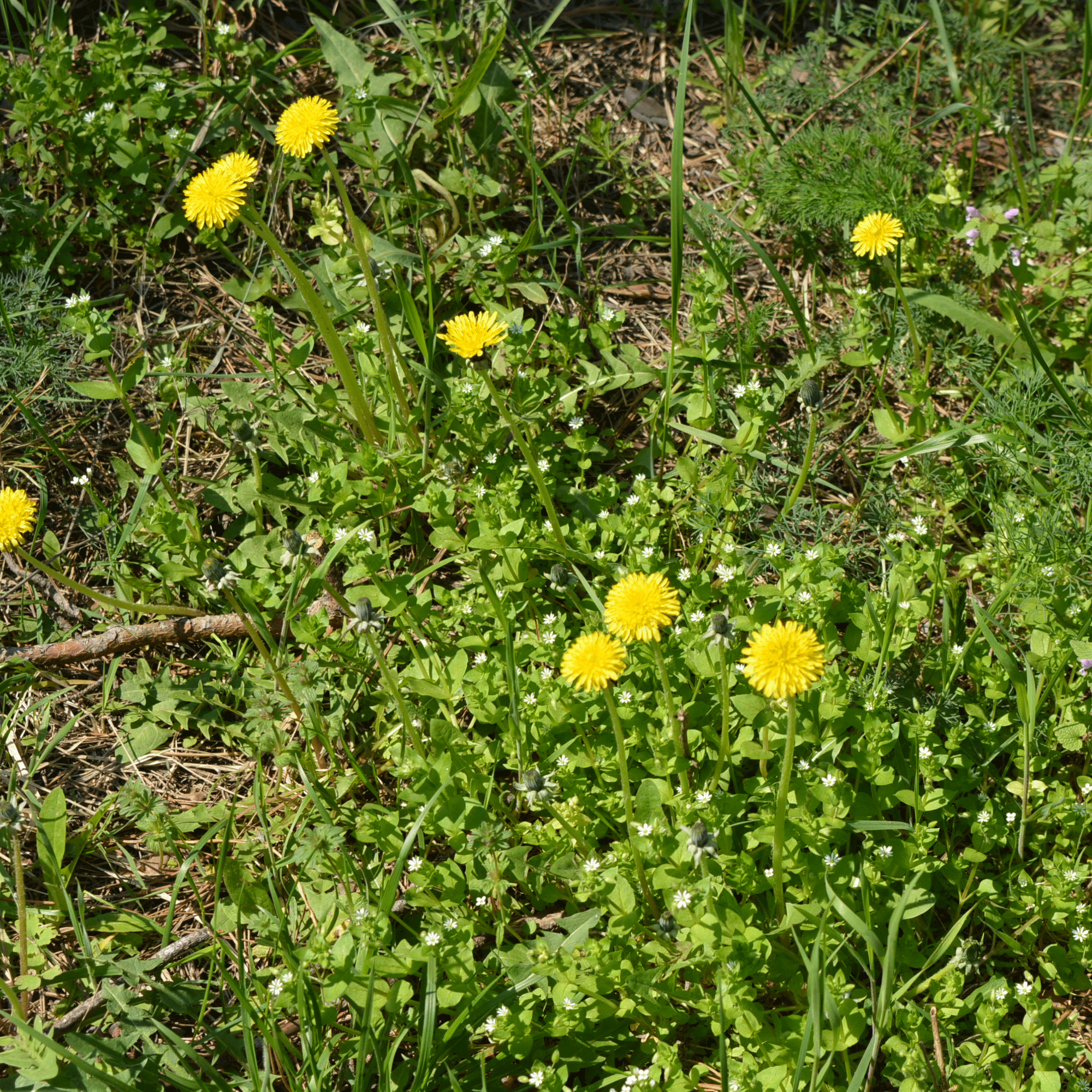
As well as causing harm to your existing garden ideas you've been working so hard on, bleach is also just outright bad for the environment, pets, and children who also like to spend time in the garden.
'Due to its makeup, bleach doesn't stay put. It can seep into the ground, potentially contaminating local water sources, which, in turn, can have a devastating impact on wildlife and even human health,' explains Josh.
While seasoned gardeners will be the first to tell you to avoid using bleach to kill weeds completely, if you do need to use bleach for whatever reason, Gardening Express' founder, Chris Bonnet recommends you keep its use for non-disruptive areas. 'Bleach is better used on driveways and in between garden slabs. Avoid using it on flower beds as it can damage the soil and ruin the surrounding plants.'
Instead, if you want to use a household item, opt for white vinegar or simply use dedicated weedicide for the job.
Alternatives
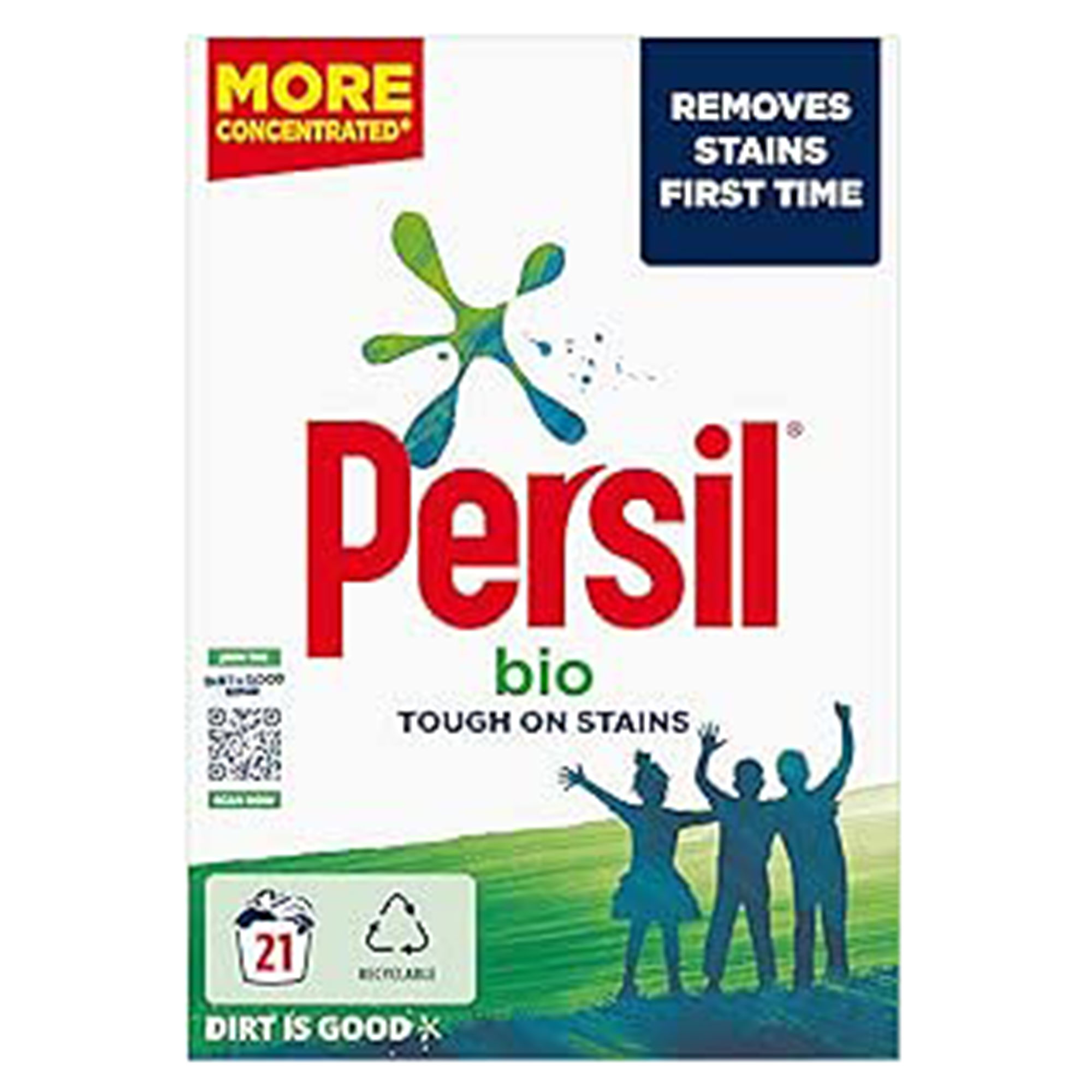
Bio-washing powder is a gentler way than bleach to tackle weeds, it can also remove moss from your patio at the same time. You can mix in a spray bottle for a more targeted approach.

FAQs
Is bleach good for killing weeds?
'Undiluted bleach can be used to kill weeds, but I'd mainly recommend it for ones that are growing around concrete, such as ones on your driveway or walkway,' says Fantastic Gardeners' gardening expert, Petar Ivanov. 'You'll need to simply spray it on them and let it sit for a while and it'll kill the existing weeds as well as prevent new ones from growing.'
However, keep in mind that while it can work, it comes with a lot of negative effects like killing surrounding plants, damaging your soil, and polluting the environment.
Will bleach kill weeds permanently?
'Bleach can be applied directly onto weeds using a spray bottle. This will kill the foliage of the weeds, however, it is not guaranteed to kill the root system which means the weeds could grow back. So this is only an ideal solution if you are looking for a temporary aesthetic option,' explains Craig Wilson at Gardeners Dream.
'Although bleach can be an effective weed killer, it will come with a lot of collateral damage and it will work only on small weeds while having very little effect on ones with large and dense root systems,' concludes Petar.
Therefore, for what it's worth, you're better off opting for alternative solutions to rid you of your pesky weed problem.

Jullia was Ideal Home’s Junior Writer from 2022-2024 and the Ideal Home Certified Expert in Training on Vacuums having spent over 60 hours testing different models. She’s always loved all things homes and interiors, graduating with a bachelor’s degree in Architectural Studies from the University of Nottingham where her love for writing blossomed following her internship at ArchDaily. Now focused on home tech and cleaning, Jullia works on writing features and explainers to help people make the most of their home appliance investments, putting the newest launches through their paces. When she isn’t writing, she loves exploring the city, coffee shop hopping, and losing hours to a cosy game or book.
